Sem 10 / Design Dissertation
Prasad Khanolkar
The undergraduate Thesis and Design Dissertation at SEA is divided into two parts: the Spatial Argument, where final year students ask and research fundamental questions on the nature of relationships between life and spatiality. The research and spatial arguments are then translated into design questions that can inform their formulation of an inventive design intervention. In 2023-24, these design questions and interventions were primarily responses to the changing nature of contemporary world, which includes: solidification of different boundaries (property, gender, caste, religion) and increasing frictions among families and communities; the need for organisations and people to be mobile, flexible and entrepreneurial with the erasure of old security systems; the dominance of efficient, functional and/or capitalistic models of spatial design; and lastly the disappearance of public as a spatial, conceptual, and infrastructural matter .
The design projects of students thus explored design questions such as: how do we design for inhibitions of pluralities (human and non-human); how do we soften our forms, edges and boundaries; how do we think of forms that can accommodate as well as afford the constant need for mobility and flexibility; how do we reinvent publics today; and how do we produce new narratives and logics of space. These questions were explored through a range of design strategies. Some of these included: inventing new spatial typologies for housing, public institutions, and public infrastructures; inventing new methodologies for thinking, imagining and designing space, particularly working with new narratives, stories, and sensorial methods; and lastly, strategies for repairing, retrofitting, extending and softening old buildings and infrastructures to accommodate pluralities.
![]() Inhabiting the Intertidal Zone: Grounds of Occupancy and Negotiation,
Inhabiting the Intertidal Zone: Grounds of Occupancy and Negotiation,
Sakshi Maeen
![]() Reimagining Migrant Housing Through Socialities of a Suburban Neighbourhood,
Reimagining Migrant Housing Through Socialities of a Suburban Neighbourhood,
Radhika Malekar
![]()
Redesigning Public Spaces Through the Lens of Spatial Sensoriums,
Sayli Zantye
The design projects of students thus explored design questions such as: how do we design for inhibitions of pluralities (human and non-human); how do we soften our forms, edges and boundaries; how do we think of forms that can accommodate as well as afford the constant need for mobility and flexibility; how do we reinvent publics today; and how do we produce new narratives and logics of space. These questions were explored through a range of design strategies. Some of these included: inventing new spatial typologies for housing, public institutions, and public infrastructures; inventing new methodologies for thinking, imagining and designing space, particularly working with new narratives, stories, and sensorial methods; and lastly, strategies for repairing, retrofitting, extending and softening old buildings and infrastructures to accommodate pluralities.
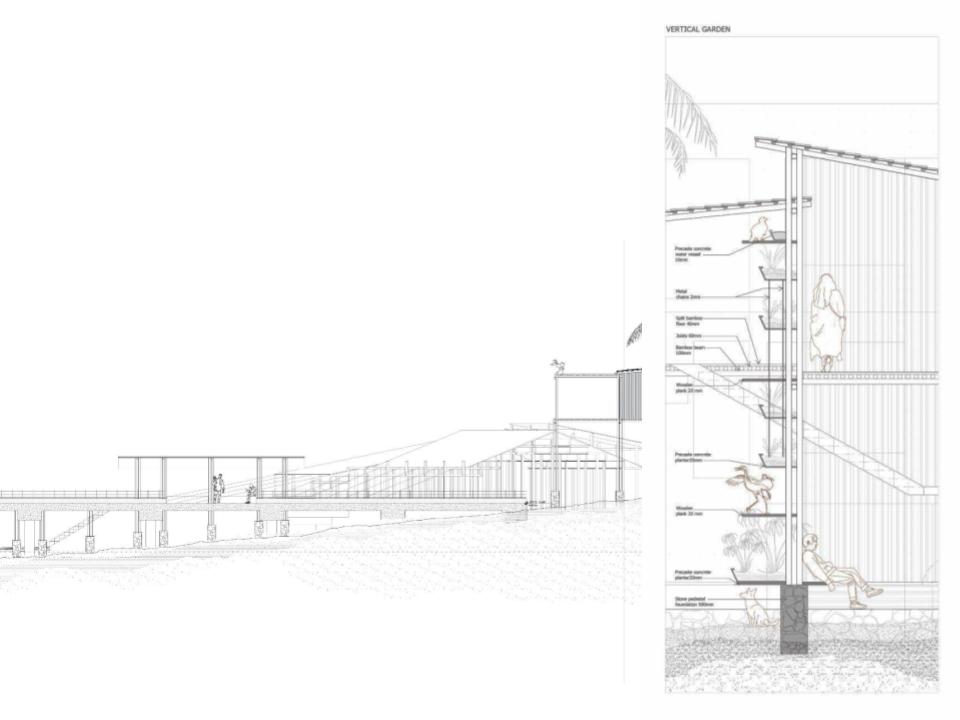 Inhabiting the Intertidal Zone: Grounds of Occupancy and Negotiation,
Inhabiting the Intertidal Zone: Grounds of Occupancy and Negotiation,Sakshi Maeen
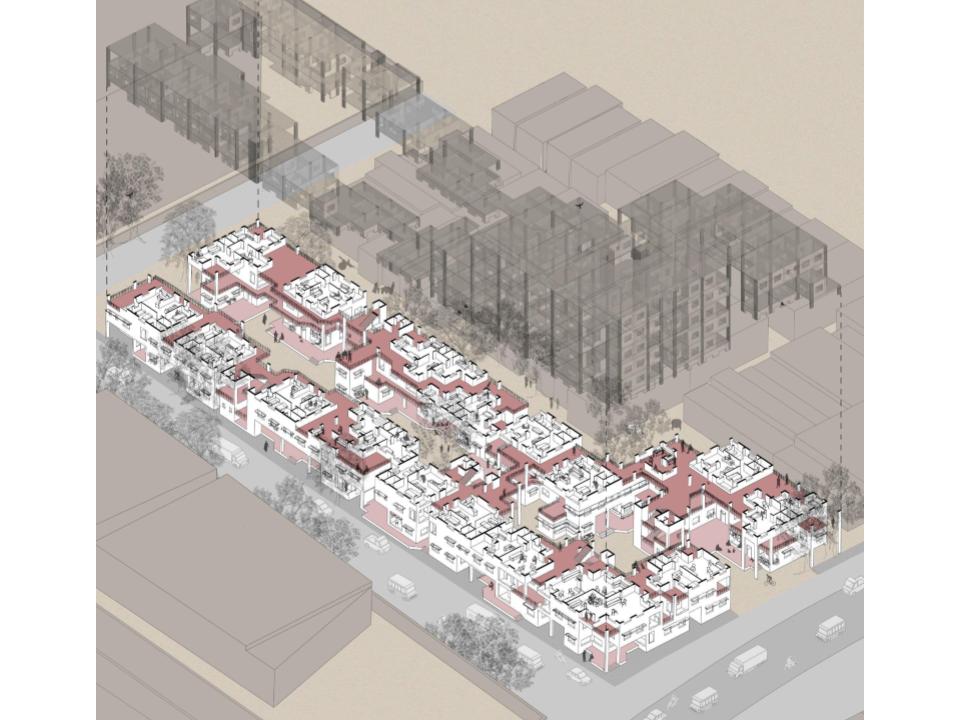 Reimagining Migrant Housing Through Socialities of a Suburban Neighbourhood,
Reimagining Migrant Housing Through Socialities of a Suburban Neighbourhood,Radhika Malekar
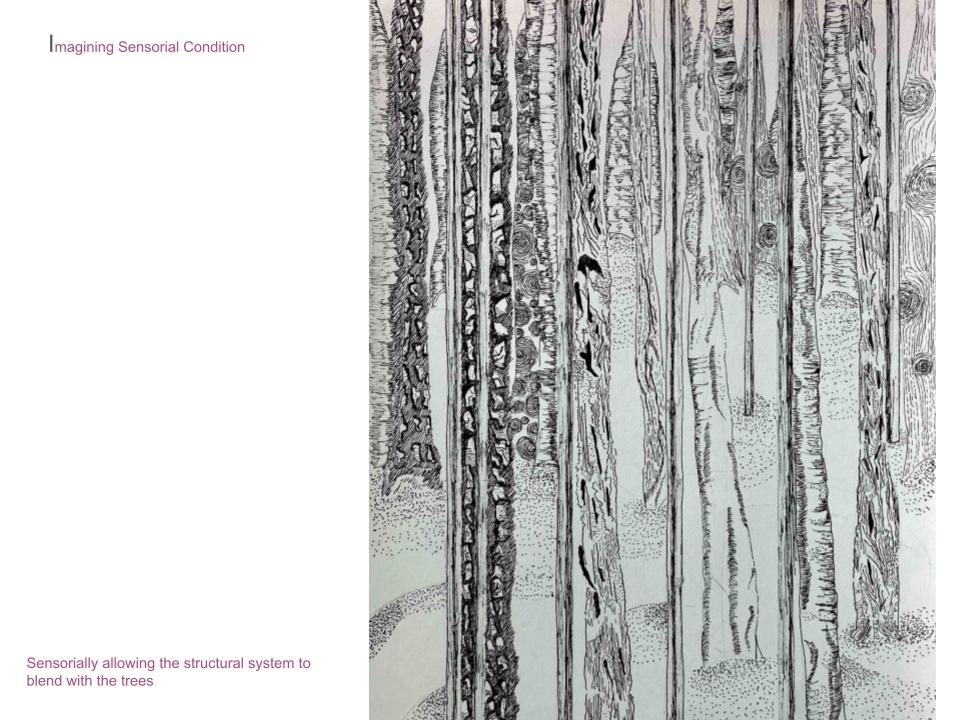
Redesigning Public Spaces Through the Lens of Spatial Sensoriums,
Sayli Zantye

Cosmic Convergences: Narratives of the un/known,
Darshan Dedhia
![]() Architecture of Impermanence: Village Institution as a Verandah,
Architecture of Impermanence: Village Institution as a Verandah,
Prajwal Deshmukh
![]() Reimagining Social Housing Through Everyday Infrastructures,
Reimagining Social Housing Through Everyday Infrastructures,
Neha Dalvi
Darshan Dedhia
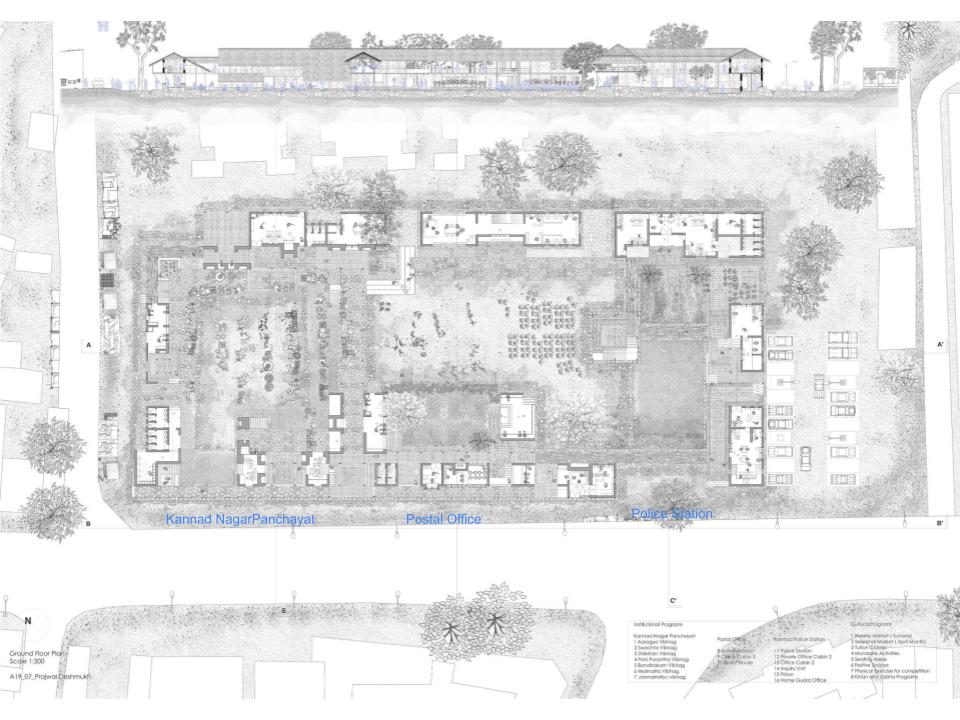 Architecture of Impermanence: Village Institution as a Verandah,
Architecture of Impermanence: Village Institution as a Verandah,Prajwal Deshmukh
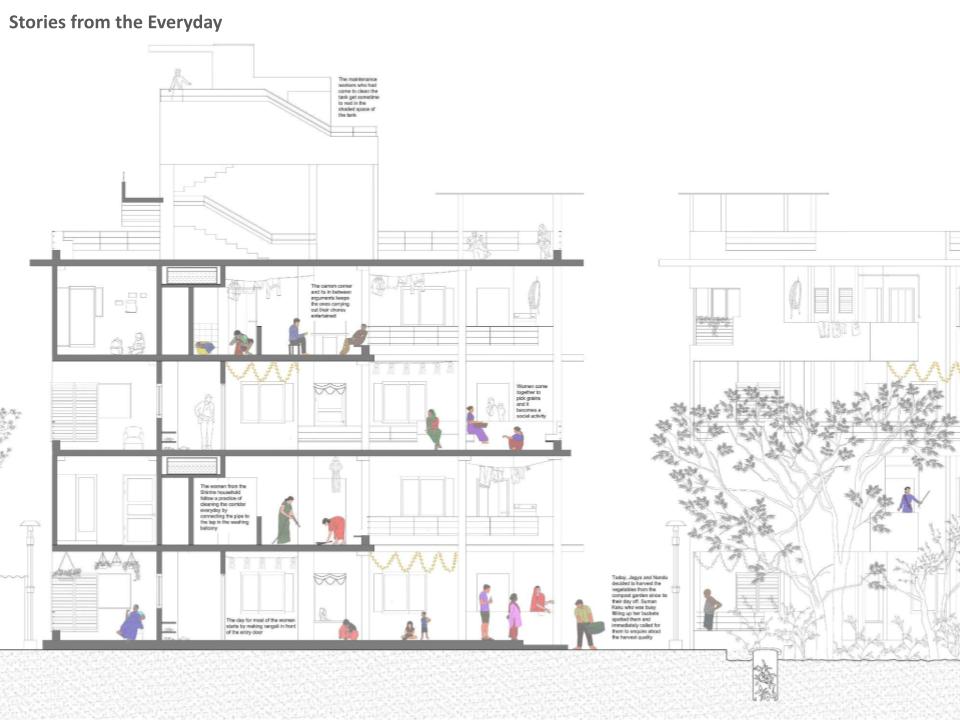 Reimagining Social Housing Through Everyday Infrastructures,
Reimagining Social Housing Through Everyday Infrastructures,Neha Dalvi